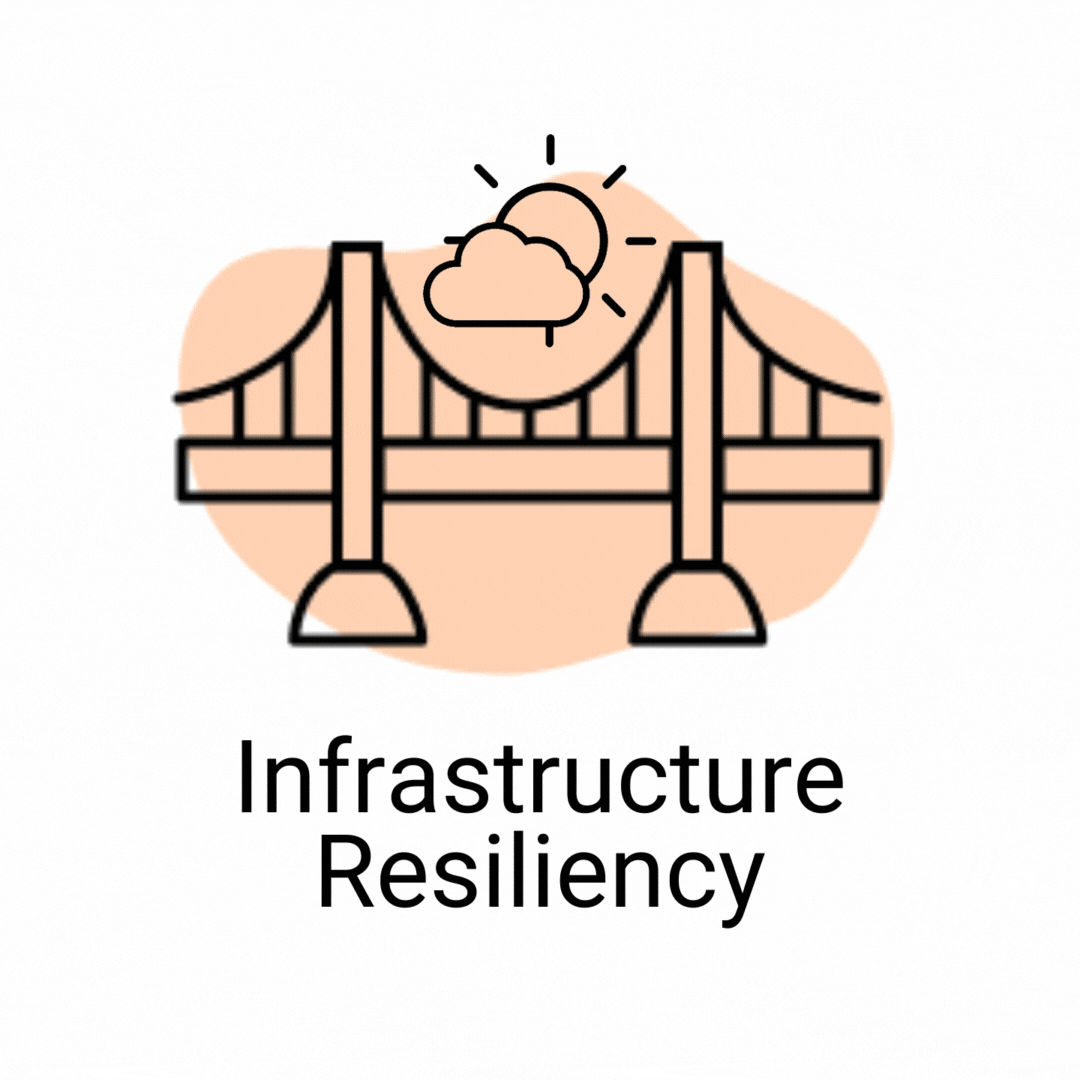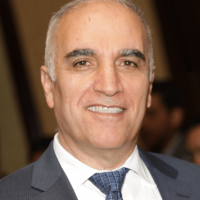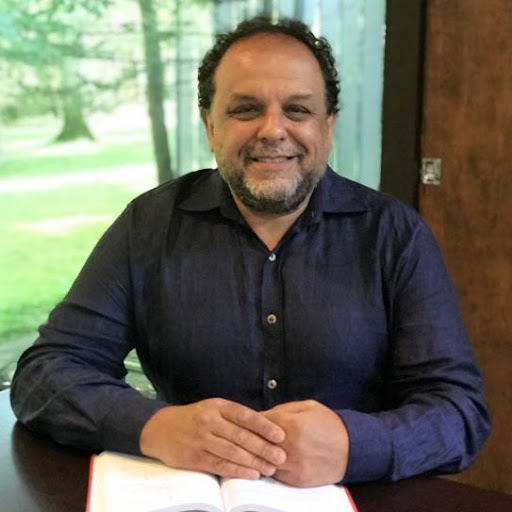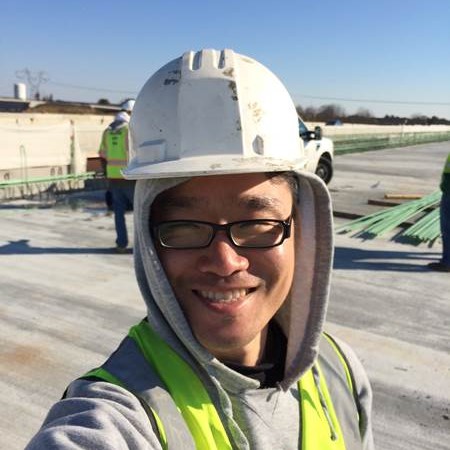Research Objectives
The objective of the project, led by the RE-CAST Tier 1 UTC based at Missouri S&T, is to quantify the life cycle costs of new material and technologies that link laboratory-measured parameters to actual field performance. This provides an effective solution to many issues that have not been completely addressed in the past, including the trade-off between multiple objectives, effect of time, uncertainty and outcome interpretation.
The project leads to guidelines for state DOTs on selecting appropriate construction / maintenance techniques by considering construction time and life cycle costs. Furthermore, a web-based LCCA software tool is developed to allow users to extract existing network-wide data along with proposed methodology for more effective decision making. The NYU team, which is a second-tier collaborator on this project through Rutgers University, is developing and enhancing the proposed integrated LCCA-based approach for finding feasible maintenance, rehabilitation, and replacement strategies.
This project has many parts, and the NYU team is currently working with Rutgers on the RE-CAST 2D subproject. This subproject aims to test the bend strength of reinforced concrete that is repaired and strengthened using the four techniques: External Prestressing, Fiber-Reinforced Ferrocement Composite, Fiber-Reinforced Self Consolidating Concrete, and Fiber-Reinforced. The team uses the outcomes of the material research namely, deterioration functions and estimated costs to perform life cycle cost analysis (LCCA) with ultimate goal of optimal network-wide project selection. The team provides recommendations to NJDOT and NJTA for field implementation of the most promising repair technique.
Research Objectives
Impact On The Development Of Transportation infrastructures
The developed LCCA methodology built by the NYU team at both project- and network-level will provide new insights into the economic evaluation process for new construction materials and technologies. In addition, the customized LCCA software can be used as an interactive web tool that allows a wide range of users to apply LCCA, to optimize maintenance, repair and rehabilitation strategies at the project level or best utilize agency budget and resources at the network level. We are also testing our proposed LCCA methodology using real-data from various projects conducted by our RE-CAST partners. This is an important improvement over previous effort where testing and validation with various data from different projects were limited.
Impact On Other Disciplines
We are applying the probabilistic LCCA methods developed for novel infrastructure materials in this project to Connected and Autonomous Vehicle deployment analysis. There are many similarities between LCCA of novel materials and advance and new Intelligent Transportation System (ITS) technologies. They are both new and lack of field data. Thus, our probabilistic LCCA methods can be applied to ITS projects too.
Impact On Transportation Workforce Development
The developed web-based LCCA tool will be used as a showcase as well as a teaching tool in graduate courses that will have an impact on the transportation workforce development.
Related Media







